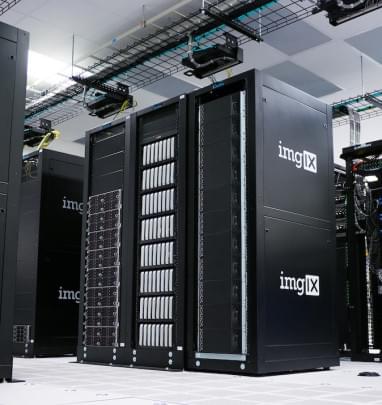Digitalization is a macrosocial phenomenon. It is changing all areas of our life at a high pace: our work, how we consume, and our leisure time. This rapid change presents us with huge legal challenges, because it throws up numerous questions concerning issues such as liability, data protection, IT security and competition law. The framework for addressing these issues is being created at state level; for example, the Digital Agenda of the Federal Ministry for Economic Affairs and Energy (BMWi) provides a suitable regulatory framework and various support programs. The aim is to safeguard digital consumer rights, fair competition and data sovereignty through a modern Internet policy.
The digital transformation requires far more than laying a Gigabit-speed fiber-optic network. To meet the required standards of transparency, security, quality and legal conformity, existing structures need to be pried open and new laws passed. With regard to big data, cloud computing and AI, data protection must be continuously developed. On the other hand start-ups and innovations require leeway and scope to develop, e.g. in regulatory experimental spaces (field tests). Consumers and enterprises need a huge level of support and consultancy, which governments must provide in order to prepare the way for growth based on investment and innovations. Not merely in Germany, but throughout Europe.
However the digital economy does not stop at national frontiers, in fact quite the contrary: Global cooperations and competitiveness depend on a mutual exchange and finding an equivalent framework at international level. That is precisely the aim of the European Commission’s digital single market, which strives for “more opportunities with fewer barriers.” One step of many in the right direction. And one that is urgently needed if Europe aims to remain competitive in the future.

